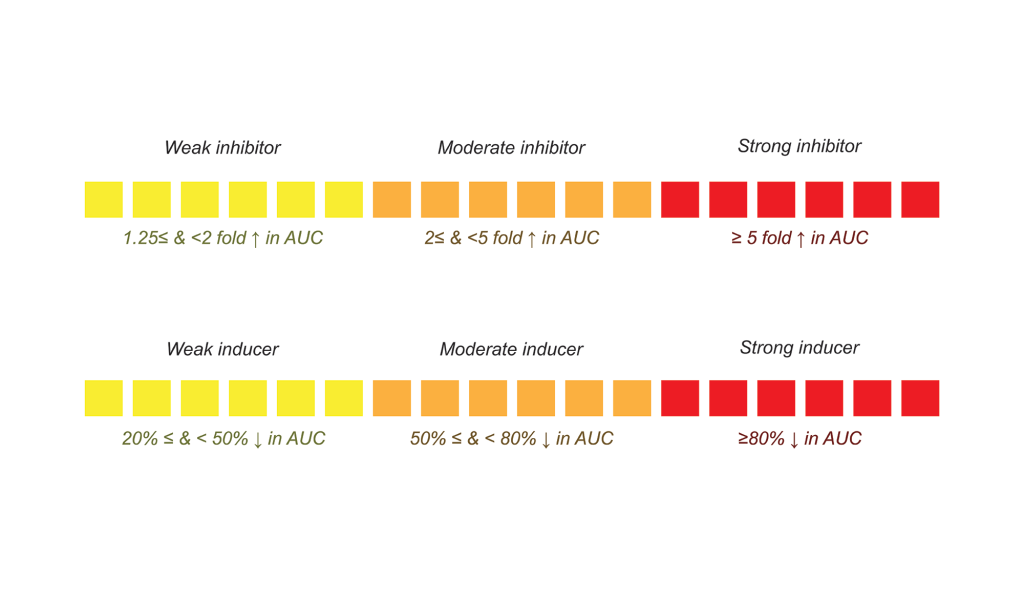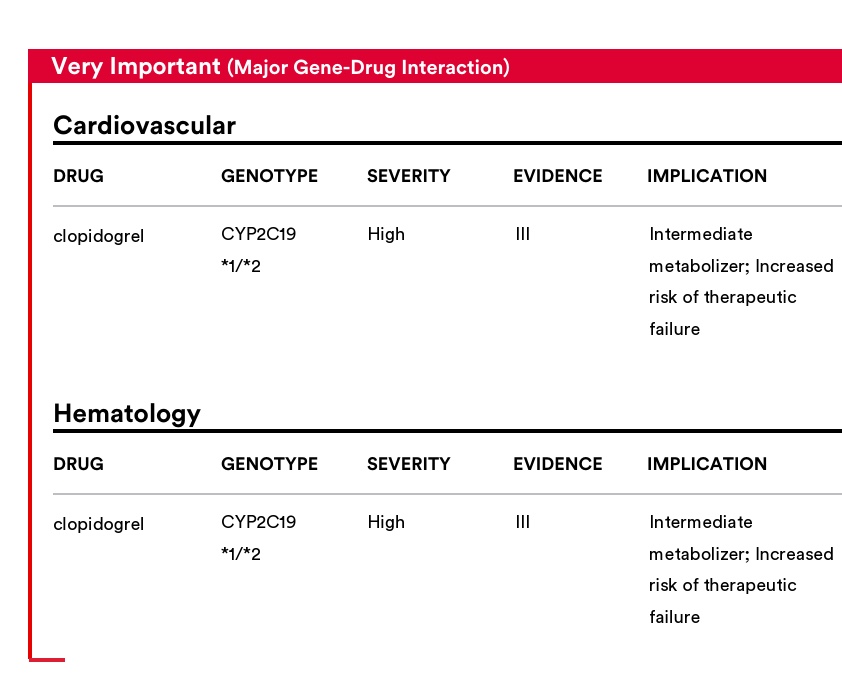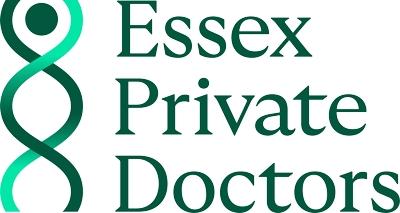Pharmacogenomics Testing
Pharmacogenomics Testing
Pharmacogenomics Testing – Could Your Genes Be Affecting How Your Medicines Work?
Have you ever wondered why a medication that works wonders for one person barely makes a difference for another? Or why some people experience terrible side effects while others take the same drug with no issues? The answer lies in your genes, and Pharmacogenomics Testing.
Pharmacogenomics is revolutionising healthcare by helping us understand how an individual’s unique genetic makeup affects their response to medications. This means we can now tailor drug treatments specifically to you—maximising effectiveness while minimising risks.

What is Pharmacogenomics?
Pharmacogenomics is the study of how your genes influence your body’s ability to process and respond to medications. Each of us has small genetic variations that determine how quickly or slowly our bodies metabolise certain drugs. These variations can mean the difference between a treatment that works well, does nothing, or even causes harmful side effects.
By analysing your genetic profile, doctors can make more precise decisions about which medications will work best for you—and at what dosage.
Pharmacogenomics vs Pharmacogenetics
A common question is, “pharmacogenomics vs pharmacogenetics—are they the same?” While they are closely related, there are some differences:
- Pharmacogenetics focuses on how individual genes affect drug response.
- Pharmacogenomics takes a broader approach, looking at the entire genome and how different genetic variations influence medication effectiveness.
Essentially, pharmacogenetics is a subset of pharmacogenomics, but both fields work together to optimise drug therapy.
How Does Pharmacogenomics Work?
Once tested, your genetic information remains valid for life—you won’t need to repeat the test every time you start a new medication. The test is comprehensive and tests for 129 commonly prescribed medications.
Who Can Benefit from Pharmacogenomic Testing?
Pharmacogenomics can be life-changing for many people, but it’s particularly beneficial if:
- You’ve experienced side effects from medications in the past.
- You take multiple medications (polypharmacy) and want to avoid harmful drug interactions.
- You’re being treated for chronic conditions like depression, anxiety, high blood pressure, or chronic pain.
- You’re about to start a new medication and want to ensure it’s the best choice for you.
- You have a family history of adverse drug reactions.
What I Learned from My Test Results
I always knew that medicine wasn’t one-size-fits-all, but I hadn’t realised just how much my genetic makeup could impact the way my body responds to treatment. My pharmacogenomics test results highlighted some key areas where I metabolise medications differently from what might be expected—some too quickly, some too slowly, and others in a way that could make them ineffective or even risky.
One result that stood out was how my body processes Tamoxifen, a drug commonly prescribed for hormone-positive breast cancer. The test showed that my body metabolises it in a way that could significantly reduce its effectiveness. That’s not just an interesting insight—it’s potentially life-altering information. If I were to be prescribed Tamoxifen in the future, I’d now know to have a conversation with my doctor about alternative treatments or dosage adjustments.
The same applied to painkillers. Some of the most commonly used pain medications might not work well for me, while others could cause stronger side effects than normal. I also learned that certain antidepressants and cardiovascular drugs could be less effective due to my genetic profile. That’s the kind of information I’d rather have before taking a medication rather than finding out the hard way through trial and error.
This test has given me a deeper understanding of my own health and how I respond to medications. It’s empowering to know that I can make more informed choices about my treatment, working with my doctor to find the most effective and safest options for me. Rather than relying on trial and error, I now have a clear, personalised guide to what works best for my body. It’s a level of insight I didn’t have before, and I feel much more in control of my healthcare as a result.
What I Learned from My Test Results

I always knew that medicine wasn’t one-size-fits-all, but I hadn’t realised just how much my genetic makeup could impact the way my body responds to treatment. My pharmacogenomics test results highlighted some key areas where I metabolise medications differently from what might be expected—some too quickly, some too slowly, and others in a way that could make them ineffective or even risky.
One result that stood out was how my body processes Tamoxifen, a drug commonly prescribed for hormone-positive breast cancer. The test showed that my body metabolises it in a way that could significantly reduce its effectiveness. That’s not just an interesting insight—it’s potentially life-altering information. If I were to be prescribed Tamoxifen in the future, I’d now know to have a conversation with my doctor about alternative treatments or dosage adjustments.
The same applied to painkillers. Some of the most commonly used pain medications might not work well for me, while others could cause stronger side effects than normal. I also learned that certain antidepressants and cardiovascular drugs could be less effective due to my genetic profile. That’s the kind of information I’d rather have before taking a medication rather than finding out the hard way through trial and error.
This test has given me a deeper understanding of my own health and how I respond to medications. It’s empowering to know that I can make more informed choices about my treatment, working with my doctor to find the most effective and safest options for me. Rather than relying on trial and error, I now have a clear, personalised guide to what works best for my body. It’s a level of insight I didn’t have before, and I feel much more in control of my healthcare as a result.

Book a Pharmacogenomics Consultation Today
Your health is too important to rely on guesswork. If you’re starting a new medication or struggling with your current prescriptions, pharmacogenomic testing could provide the clarity you need.
Find out which medications are right for you—book your pharmacogenomic consultation today by booking a GP appointment.



